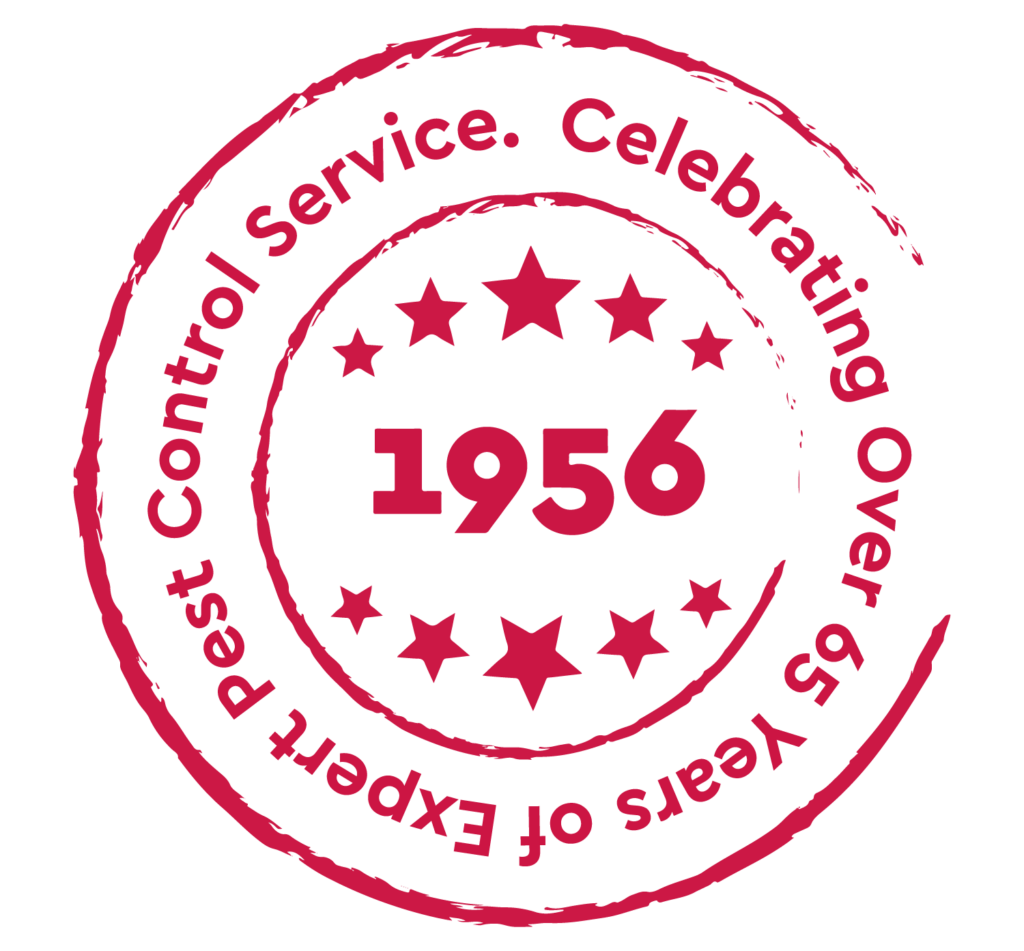
Frequently Asked Pest Control Questions
Below are many questions that we frequently receive here at Killroy Pest Control regarding general pest control (including ant control, spider control, flea control, rodent control, etc.) and termite control.
If you have any additional questions, please contact us by calling 888-669-3460
Or submit an online pest control service request with your question.
General Pest Control Questions
Quite a few customers call us in frustration after they have already wasted time and money buying and applying over the counter products to control their ant, spider, flea or other general pest problems. Killroy will solve your problem efficiently without you having to buy, apply or store pesticides. Homeowners very often over apply pesticides, resulting in unnecessary personal exposure, or potential environmental harm. Killroy also offers a 60-day guarantee on treatments. If your pest problem persists within 60-days after initial treatment, we will come back for additional service at no additional cost to you.
Most of the pesticides we use are classified in “Category III” – the lowest in toxicity. Additionally, many of the materials that we use are natural oils or plant derivatives. Our goal is to expose only pests to pesticides by carefully following all of the manufacturer’s instructions as well as all rules and regulations from our licensing agencies. Even relatively non-toxic materials still require proper safety precautions.
Yes! Our Sensitive Solutions division offers natural, chemical-free options and low-toxic solutions for the customer to choose from when developing an individual pest management program. The treatment plan of pest control measures designed to reduce or eliminate pests while minimizing customer concerns regarding chemicals may include repair or exclusion work, improvements in sanitation, interior/exterior baiting, harborage reduction, habitat modification, and alternative controls. Many of the options are eco-exempt and organic including granules, botanicals, clove oil, insecticidal soaps, and more.
All our technicians are licensed and most have achieved higher training and are licensed as “Field Representatives.” This license requires ongoing continuing education, and a demonstration of knowledge of pest biology, pesticide safety, rules and regulations, and proper sanitation. You can identify and recognize a Killroy technician by their uniform with name tag and signature truck with our “Killroy Pest Control” logo.
Our Campbell office covers the South Bay area from Highway 92 to Hollister. These cities and areas include San Jose, Almaden, Willow Glen, Santa Clara, Campbell, Los Gatos, Saratoga, Sunnyvale, Portola Valley, Atherton, Redwood City, Mountain View, Los Altos, Palo Alto, Morgan Hill, Gilroy, Hollister and parts of Santa Cruz County. Our Tracy office covers the Tri-Valley area, from Fremont, Hayward, Union City, Livermore, Pleasanton, Danville, Tracy, Manteca and parts of Merced County. Call us at 888-669-3460 and we will see what we can do to help with all your pest problems!
No, we do not require a long-term contract. We offer as-needed services as well as monthly, bi-monthly, and quarterly service plans. We feel that if you are benefiting from our maintenance service that you will remain an active customer. You will not be penalized for canceling your service. If you do wish to re-start a canceled service after 90 days, there will be a small extra fee.
Yes, Visa and MasterCard are accepted, as well as online payments through PayPalTM. You can pay online, by phone, or by mail. Your check is always welcome as well!
Integrated Pest Management (IPM) is the practice of using improved sanitation, exclusion, cultural controls, habitat manipulation, trapping, and targeted pesticide application to control or reduce pest problems. In other words, we use knowledge and common sense to prevent pests, not just pesticides.
We try our best to meet your needs efficiently and effectively. With that being said, our summer months are busy, and we give top priority to all of our regular maintenance customers. Even in our peak months, we can usually have help on the way within a day or two, and even sooner for emergencies. Remember, good service providers are often busy, but are worth the wait!
It depends on the type of pest and many other factors. A routine initial service for ants, for example, will often take less than an hour, and still control the problem for several months. Your technician will recommend things you can do to reduce pest pressure around your home. Rodent problems may require several service visits and cultural control measures as well.
Your technician will advise you if it is necessary to leave the home, or only to avoid specific areas until any treated surfaces have had time to dry. Advise your technician of any sensitive persons, pets, or organic gardens requiring extra care. Fish ponds are especially sensitive and care will be taken to avoid any exposure.
Your technician will advise you to remove pet food, water dishes, exposed food items, and children’s toys from areas he needs to treat. If there are active pests indoors, other items may need attention.
You should avoid any treated areas until dry. That is the minimum precaution for virtually all pesticides. If you accidentally touch a moist deposit or are otherwise exposed to a diluted pesticide, wash the exposed skin with soap and water. Remember that most of the common materials that we apply have been highly diluted and should not cause any ill effects. Consult the specific pesticide label for any further recommendations. Our service invoice and your technician will have further instructions for the specific products applied.
Every pesticide requires that pets and people avoid treated surfaces until dry. This is the minimum standard for all products. Once dry, the material will not be easily transferred to paws or human skin.
Generally 2 to 4 hours or until dry. Your technician will inform you in advance of any precautions required by the label and our safety policy. If you have any questions you can always feel free to call our office.
Sure! Our technicians can usually identify a bug by asking you a few questions about where you found it, size, color, and general shape. Occasionally, our Entomologist, Dennis Merrill, will need an intact specimen to identify the less common bugs.
A granular form of a pesticide has the active ingredient pre-diluted and impregnated on clay, paper or other sand like particles. Granules can be equally effective to sprays in damp winter conditions for a variety of crawling perimeter pests (ants, earwigs, millipedes, Oriental Cockroaches, etc.). Sprays are most effective on contact for ornamental and turf pests such as caterpillars, aphids, scale, whiteflies, and most spring and summer garden pests.
Pesticide applied to eaves, around windows, under patio covers, and many pest harborages will be effective even if it rains. Dormant Oil sprays need to dry a little before it rains to smother overwintering insect eggs on shrubs and fruit trees. If pests re-appear within 60 days, we will be happy to do extra service under our standard guarantee.
Sometimes, depending on the pest and the type of treatment. For German Cockroaches it is necessary to remove all the food and dishes to allow us to get access to every cockroach hiding place we can find.
If you are planning to shampoo the carpet, doing so before treatment will maximize your treatment benefits. Sometimes fleas are so bad that the carpet cleaner will not enter the room until we have sprayed! In that case, a re-application should be scheduled following the carpet cleaning.
You can use soap and water for ants all over the counter. Other household and over the counter sprays may complicate control, so please ask the technician first before applying any chemical yourself.
Yes, but be prepared for a major effort. Bedbugs are perhaps the most difficult pests we face. Please call us to discuss your problem and the solution.
There are often many areas around the exterior of the home that can either be a pest attractant or an area conducive to pests. These may include vents, windows, eaves, debris around the home, landscaping issues, etc. Before applying treatment, Killroy Service Technicians do an inspection and walk-around of your house to help identify any problem areas. They note any problems on the inspection form, and make suggestions of what can be done to reduce pest pressure. After treatment, they will drop-off the inspection form with you, provide an estimate for Killroy to repair any problem areas, and answer any questions you might have. Killroy is looking after your home and property!
It can be tricky, but moles usually follow edges, have volcano shaped mounds, and have shallow foraging tunnels, while gophers push mounds off to the side of their burrows.
Absolutely. Most of our technicians have a lot of rodent control experience. Rodent proofing services are also available. Please fight the temptation to toss “De-con” bait around, as this will often lead to dead animal odors and flies, and, frequently, no easy solution to locate or remove the animal. Trapping and exclusion are the best first steps in most rodent problems.
Termite Control
Every 2 to 4 years depending on age and condition of home. Many companies sell annual inspections, but this is really more than most people need in our area
In a full inspection, we inspect all the structure that we can access without damaging, defacing, or moving anything. Inaccessible parts of the structure are noted on the report. A limited inspection is generally one particular area where the homeowner has noted or suspects damage, and is useful only for identification and estimate purposes.
Sooner or later almost every home in our area eventually gets attacked by termites. Subterranean, Drywood, and Dampwood termites all occur in the Bay Area. Subterranean termites nest in the soil, and can be prevented by applying a termiticide to the soil around the foundation of the home. Drywood termites enter directly into wood and have no requirement for soil contact.
Fumigators take great pains to avoid any of the fumigant getting confined in nearby buildings. Measurements with a sensitive gas monitoring device show that the gas dissipates very rapidly when not confined under the tarp. In addition, the warning agent “Chloropicrin” (tear gas) is introduced to the structure being fumigated to help determine if any improvements to the seal of the tarp is needed. Tear gas is intolerable well below levels that are toxic. While highly lethal at levels under the tarp, the fumigant Vikane® leaves no residue behind after the proper aeration of the structure.
Typically 3 days.
Remove anything alive (Pets, plants, people!), as well as unprotected foods and medicines not in airtight bags. Canned goods and unopened glass bottles are fine. Corked wine bottles should be removed. You will be given an “Occupants Fumigation Notice” listing all the things that you should remove or bag.
The gas (Vikane) leaves no residue on dishes, furniture, clothing, or anything else in the home. The gas dissipates quickly, and fumigators use sensitive equipment to “clear” the structure for re-occupancy. When you return home, virtually no gas remains, and secondary locks and warning signs will have been removed.
Fumigation will kill most pests in your house. Vikane is not 100% effective on insect eggs at rates used for termites. A higher dosage is used for killing bed bugs.
Fumigation kills the termites presently in your home. Killroy does guarantee our fumigations for 4 years, as it generally takes several years for termites to become a problem again in your house. This is why we recommend an inspection every 2 to 4 years to keep your home protected.
Call 888-669-3460 today!
We're here for you.
We are glad to answer any questions or schedule an appointment.
We provide commercial and residential pest control services in the South San Francisco Bay, Tri-Valley areas, and Santa Cruz County.

